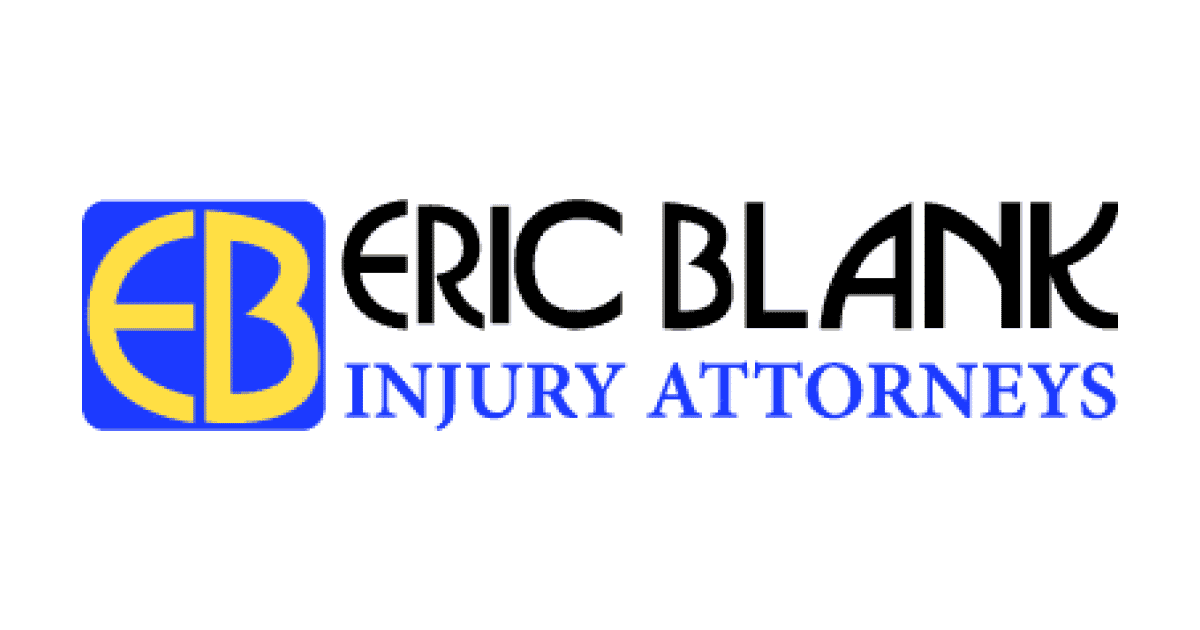- Home
- About Us
- Personal Injury
- Dangerous Products
- Resources
- Careers
- Contact
As our society continues to advance technologically, we are often presented with new substances that are meant to make our lives easier, safer, and more convenient. Unfortunately, not all of these substances are safe. One such substance is Aqueous film-forming foam (AFFF), a firefighting foam that has been widely used for decades. Recently, however, reports have emerged suggesting that exposure to AFFF can pose serious health consequences.
If you or a loved one has been exposed to AFFF, you may be entitled to compensation. Eric Blank Injury Attorneys is an experienced personal injury law firm that has assisted many clients injured by dangerous products and chemicals such as AFFF.
Aqueous film-forming foam (AFFF) is a firefighting foam used to suppress flames involving liquids such as gasoline and oil. AFFF is successful in extinguishing flames by producing a blanket of foam that covers the surface of the fuel, isolating it from oxygen, and preventing it from igniting. The composition of AFFF includes water, fluorochemical surfactants, and other additions.
AFFF was created in the 1960s to replace the previous generation of firefighting foams, which were less effective and more environmentally hazardous. AFFF became the standard firefighting foam used by military and civilian fire departments in the United States and around the world quite fast. Concerns regarding the health and environmental implications of AFFF have been highlighted in recent years.
AFFF has been widely used in the US and around the world for several decades. It is used in a variety of settings where there is a risk of fires involving flammable liquids.
Some of the most common uses of AFFF include:
While AFFF has been effective at suppressing fires, concerns have been raised about its toxicity and environmental impact. Over the past few years, there has been an increasing number of reports on the toxicity and health effects of AFFF. Studies have linked AFFF exposure to the presence of per- and polyfluoroalkyl substances (PFAS) in the bloodstream, which have been associated with a range of health problems. Investigations have also found that AFFF has contaminated drinking water supplies in communities around military bases and airports, leading to concerns about widespread exposure.
Here are a few examples of news and studies related to the health and environmental impact of AFFF:
As more research is conducted, it is likely that we will learn more about the risks associated with AFFF exposure.
Several health issues, including cancer, have been associated with the use of AFFF. PFAS compounds present in AFFF have been proven to accumulate in the body over time and can cause major health problems, such as:
Certain occupations may be at a higher risk of developing cancer or other health problems related to AFFF exposure. These include:
The signs and symptoms of AFFF-related cancer and health problems can vary depending on the type of cancer or disease. Some common signs and symptoms may include:
If you have been diagnosed with cancer or other health concerns resulting from exposure to AFFF, you may be able to launch a lawsuit against the product's producers or the companies that used or sold it. They may include:
It's important to note that the specific parties you may be able to sue will depend on the specific circumstances of your case. An experienced personal injury attorney can help you determine who may be held responsible for your injuries and help you pursue compensation.
If you or a loved one has been diagnosed with cancer or other health problems related to exposure to AFFF, Eric Blank Injury Attorneys is here to help. Our experienced personal injury attorneys have a deep understanding of the science behind AFFF exposure and can help you navigate the legal process. We will work with you to gather all necessary evidence, build a strong case on your behalf, and recover compensation for the harm you have suffered.
To determine if you have an AFFF cancer case, contact Eric Blank Injury Attorneys at (702) 825-6803 (702) 825-6803 or visit www.ericblanklaw.com. At Eric Blank Injury Attorneys, we offer a free case review to anyone who has been harmed by AFFF exposure.

Call (702) 222-2115 (702) 222-2115 or fill out the short form below. We will usually respond within 1 business day but often do so the same day. Don’t hesitate, your questions are welcome.
* Required Fields
Open 24/7
Eric Blank Injury Attorneys is a top-rated Las Vegas personal injury law firm who has recovered millions for their clients. Get BETTER with BLANK today.
Personal Injury Law Firm Office in Las Vegas, NV
© Copyrights 2024. Eric Blank Injury Attorneys. All Rights Reserved.
The information you obtain at this site is not, nor is it intended to be, legal advice. You should consult an attorney for advice regarding your individual situation. Contacting us does not create an attorney-client relationship.